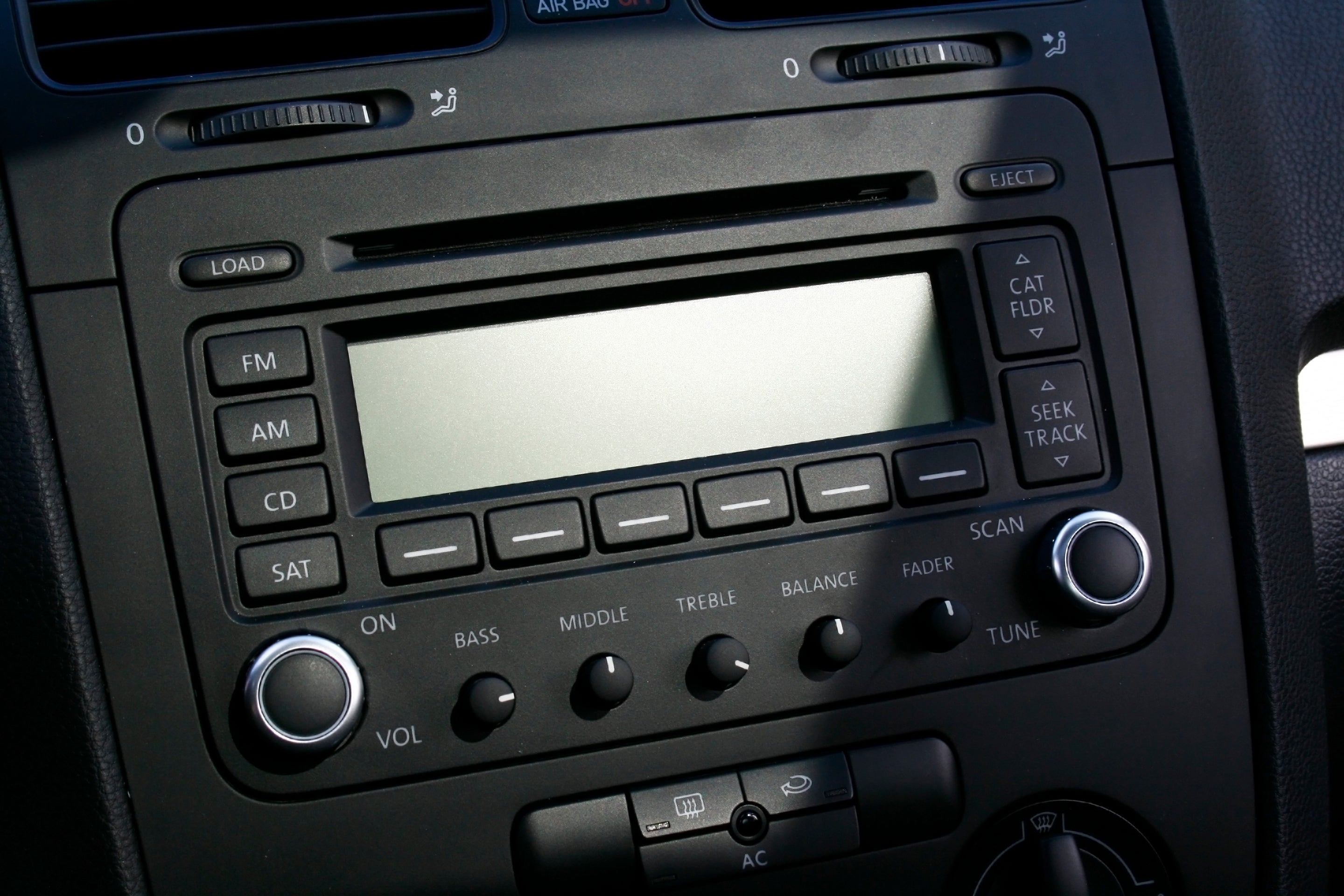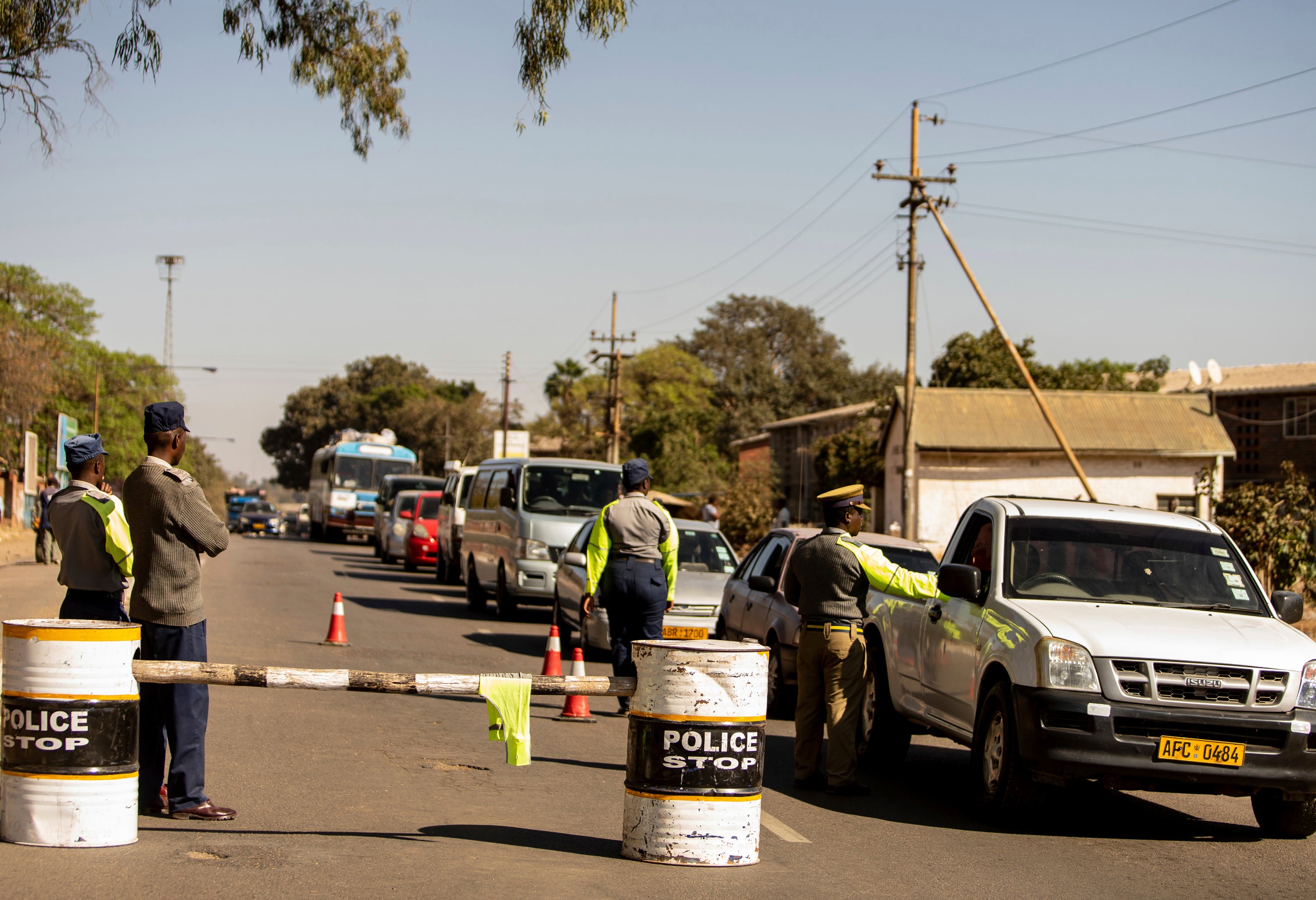Controversial car radio licence fee for motorists approved in Zimbabwe
The steep annual levy will be paid to the state broadcaster

President Emmerson Mnangagwa has approved a law in Zimbabwe mandating that motorists pay a radio levy before their vehicles can be licensed and insured, a move criticised by some as draconian.
Under the amended Broadcasting Services Act, motorists must prove they have paid a fee to the state broadcaster, Zimbabwe Broadcasting Corp. (ZBC), before they can obtain vehicle licenses or insurance.
The annual license costs $92, with the revenue directed to ZBC, which has faced accusations of pro-government bias and declining advertising revenue.

Exemptions are available for motorists without a radio receiver, provided they sign a form to that effect with the public broadcaster. With approximately 1.2 million vehicles in Zimbabwe, the levy is expected to generate millions of dollars for ZBC.
"This is too much for the already overburdened tax payer," said Kudzai Kadzere, a lawyer in the capital, Harare. "After all, a lot of people rely on the independent press, WhatsApp and the internet for news, they don't even tune in to ZBC. Now we are being forced to pay for propaganda."
Rashweat Mukundu, a media freedom activist, described the license fee as "daylight robbery."
Responding to government spokesman Nick Mangwana, who defended the move on X, Mukundu wrote: "ZBC funding has tanked because audiences & advertisers see no value/relevance in its content."
Opposition figure Nelson Chamisa said the new law was "too draconian, anti-citizens and outrightly heartless."
Zimbabweans already pay for radio or television licenses if they own a set at home or at a business premise.
In 2016, the country's Constitutional Court threw out a case brought by an opposition lawmaker who said the public broadcaster was biased towards the ruling ZANU-PF party and the fee should be scrapped.
Nick Mangwana, a senior official in Zimbabwe’s ministry of information, responded to criticism that the law is unfair on social media, writing: “The law is necessary. The fees will be made reasonable. And yes the law is fair.”
Join our commenting forum
Join thought-provoking conversations, follow other Independent readers and see their replies
Comments